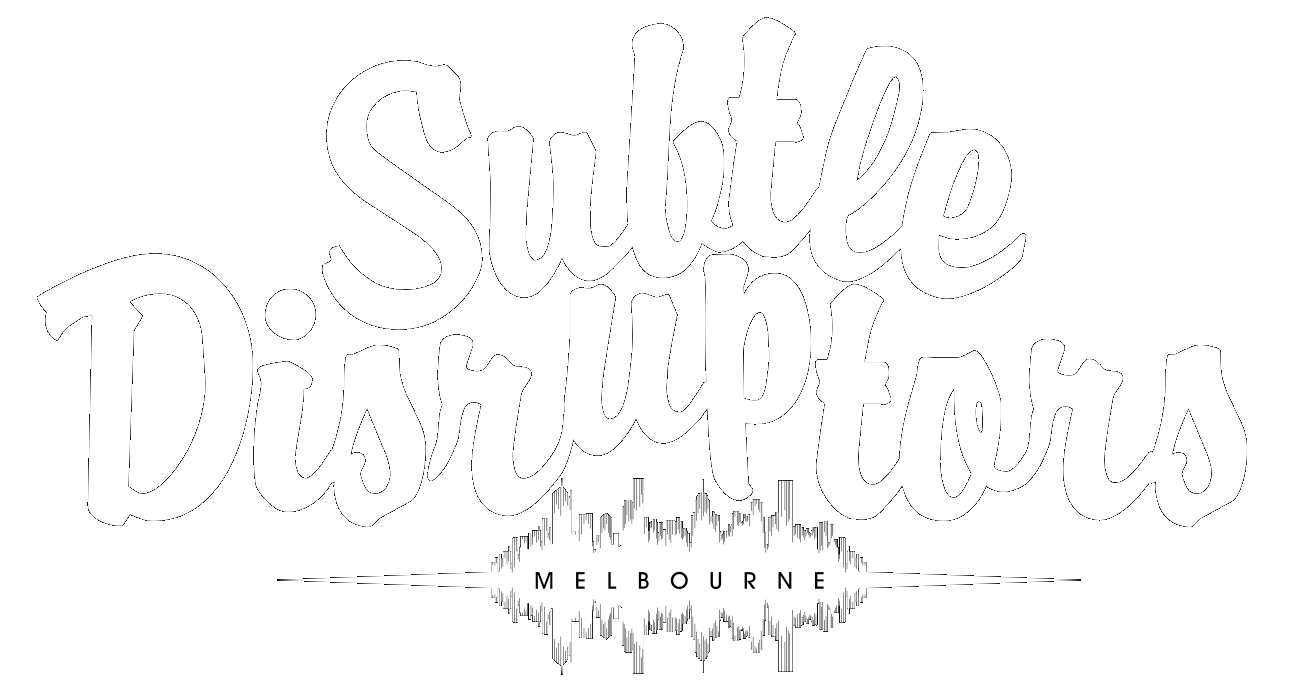During the US presidential election my Facebook news feed had me convinced the Hillary Clinton was going to win the presidency. And not only my Facebook news feed, but my day to day conversations, and the small amount of radio and TV I listed to, both had me convinced of the same.
Every now and then a couple of posts would pop-up as I was scrolling Facebook. These were posts from friends in the US who seemed to have a very strange way of thinking. They actually seemed to have some coherent criticisms of Clinton. I remember not enjoying reading their posts, and wanting to type back at them in outrage, but somehow I kept them in my feed out of curiosity.
We all know the outcome of the election, and the corresponding shock and surprise that many Clinton fans experienced. It was soon after that terms like ‘filter bubble’ and ‘echo chamber’ became part of our everyday vernacular, and the tech giants we rely upon to inform us were called out as the villains.
My guest for this week, Xiao Han Drummond, has been pondering the problem of media bias and filter bubbles for a number of years, and decided the stop working at her corporate marketing job to found a startup focused on this issue. She created Refni (there are prizes for working out the meaning behind the name), and has been working on it for the past few years to find a way to help us all become more aware of our bubbles, their characteristics, and how to make them work for our collective benefit.
If you enjoyed listening to Xiao Han you may also enjoy listening to Gus Hervey on being intelligently optimistic about the future, and Matt Allen on the importance of team and honesty when founding a startup.
Podcast: Download
Subscribe: Apple Podcasts | Android | RSS




Leave a Comment